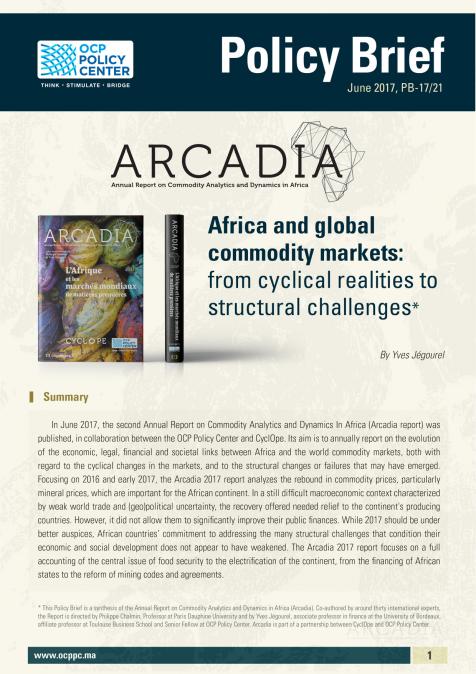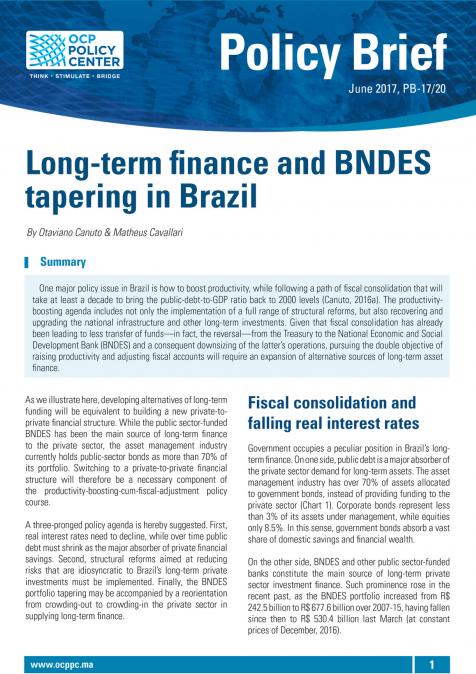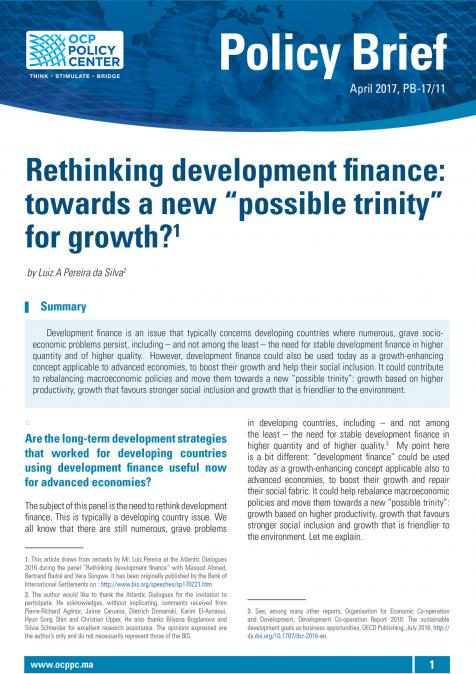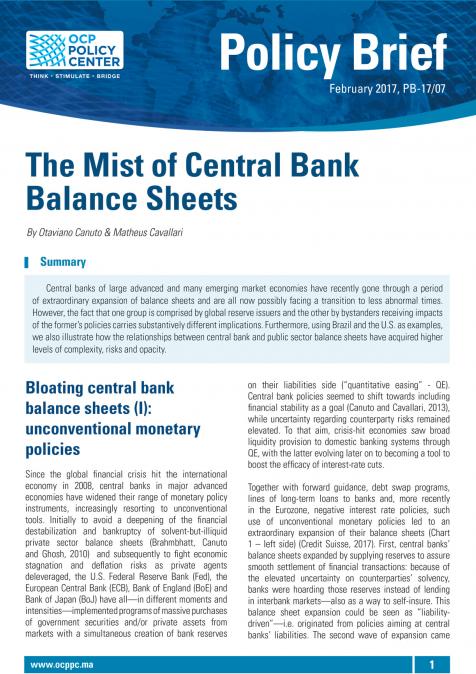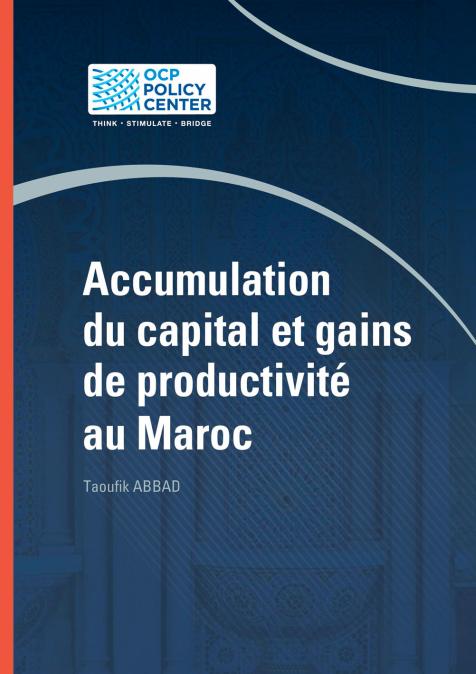Cross-border technological diffusion has contributed to rising domestic productivity levels in advanced and emerging economies and facilitated a partial reshaping of the global innovation landscape. However, there are local requisites to escalate the ladder of innovation capabilities.
Speakers

Otaviano Canuto
Senior Fellow
Senior Fellow at the Policy Center for the New South, Affiliate Professor at Mohammed VI Polytechnic University and Non-Resident Senior Fellow at Brookings Institute. Former Vice President and Executive Director at the World Bank, Executive Director at the International Monetary Fund (IMF) and Vice President at the Inter-American Development Bank.
...

